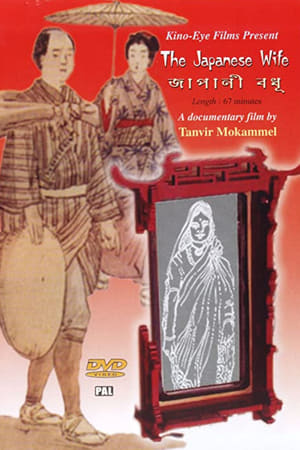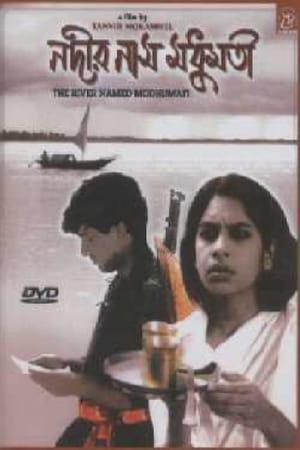
Syed Shabab Ali Arzoo
Biography: Biography not available
Place of Birth: Not available
Birthday: Not available
Deathday: N/A
Popularity:
Known For

The Japanese Wife
2012-01-03

The River Named Modhumoti
1996-12-20